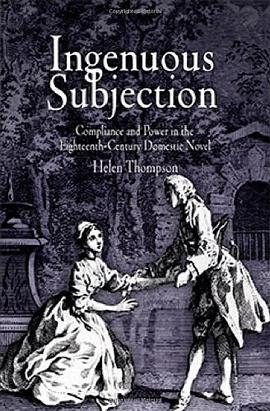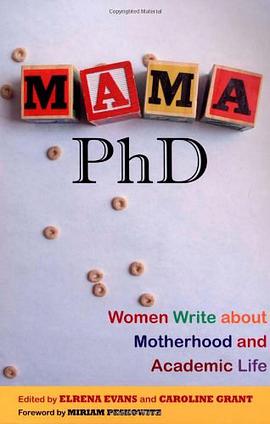

具体描述
Helen Thompson's Ingenuous Subjection offers a new feminist history of the eighteenth-century domestic novel. By reading social contract theory alongside representations of the domestic sphere by authors such as Mary Astell, Mary Davys, Samuel Richardson, Eliza Haywood, and Frances Sheridan, Thompson shows how these writers confront women's paradoxical status as both contractual agents and naturally subject wives. Over the long eighteenth century, Thompson argues, domestic novelists appropriated the standard of political modernity advanced by John Locke and others as a citizen's free or "ingenuous" assent to the law. The domestic novel figures feminine political difference not as women's deviation from an abstract universal but rather as their failure freely or ingenuously to submit to the power retained by Enlightenment husbands. Ingenuous Subjection claims domestic novelists as vital participants in Enlightenment political discourse. By tracing the political, philosophical, and generic significance of feminine compliance, this book revises our literary historical account of the rise of the novel. Rather than imagining a realm of harmonious sentiment, domestic fiction represents the persistent arbitrariness of eighteenth-century men's conjugal power. Ingenuous Subjection revises feminist theory and historiography, locating the genealogy of feminism in a contractual model of ingenuous assent which challenges the legitimacy of masculine conjugal government. The first study to treat feminine compliance as something other than a passive, politically neutral exercise, Ingenuous Subjection recovers in this practice the domestic novel's critical engagement with the limits of Enlightenment modernity.
作者简介
目录信息
读后感
评分
评分
评分
评分
用户评价
相关图书
本站所有内容均为互联网搜索引擎提供的公开搜索信息,本站不存储任何数据与内容,任何内容与数据均与本站无关,如有需要请联系相关搜索引擎包括但不限于百度,google,bing,sogou 等
© 2026 book.wenda123.org All Rights Reserved. 图书目录大全 版权所有




















